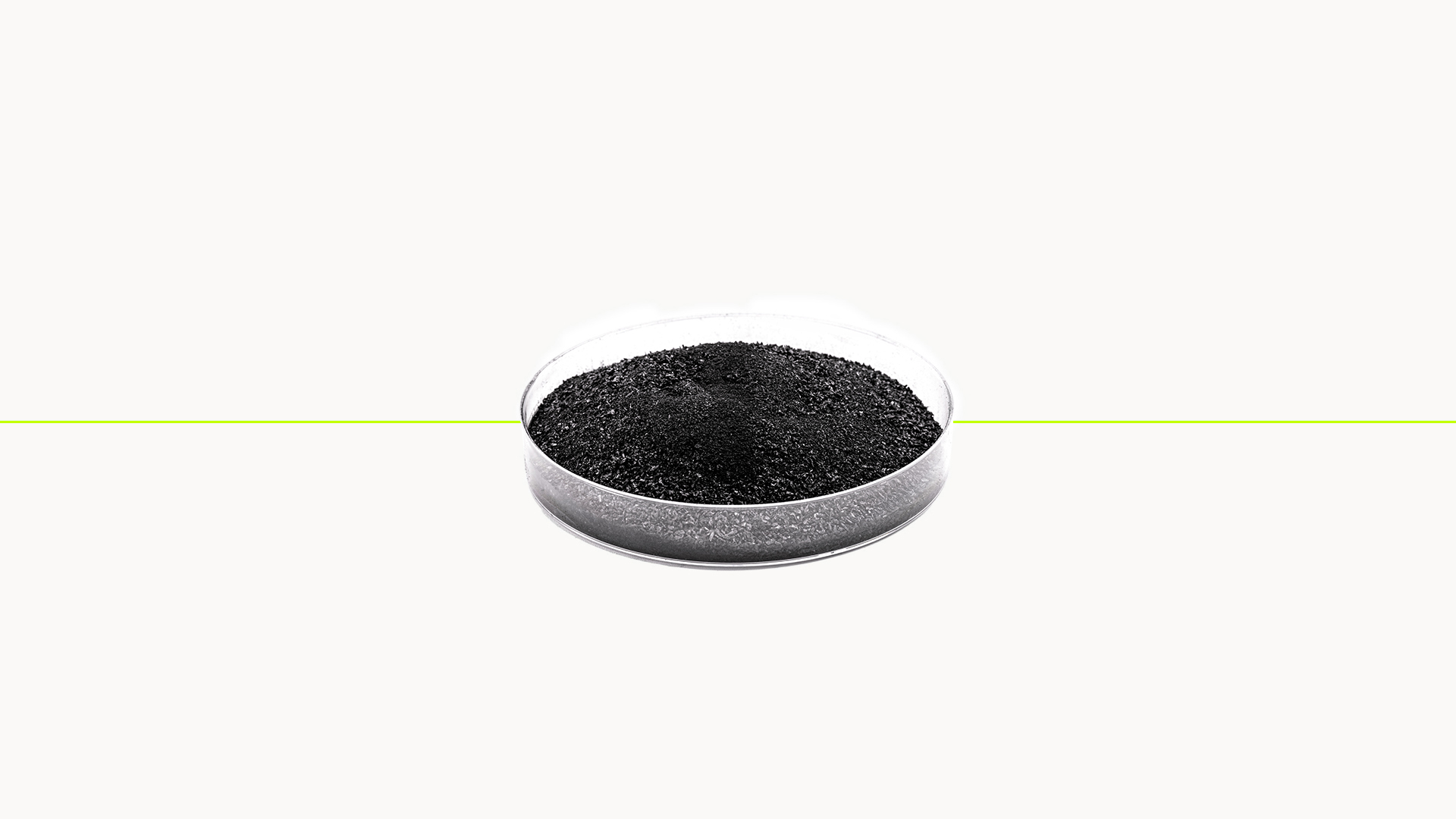At Epsilon Carbon, with our state-of-the-art multistage distillation plant, we distil coal tar into a broad range of high-quality products. Almost half of the composition of coal tar is coal tar pitch, which is further processed under different process conditions to obtain various grades of coal tar pitch and other carbon derivatives like binder pitch and impregnation pitch that caters to the aluminium and graphite electrode industries.
In addition to pitch, we also extract other valuable products from coal tar, including naphthalene, phenol oil, wash oil, and anthracene oil. These by-products find extensive applications in diverse industries such as dyes intermediates, pigments, pharmaceuticals, wood coating, resins, and more.
Our Products
Explore our range of Specialty Carbon Derivatives
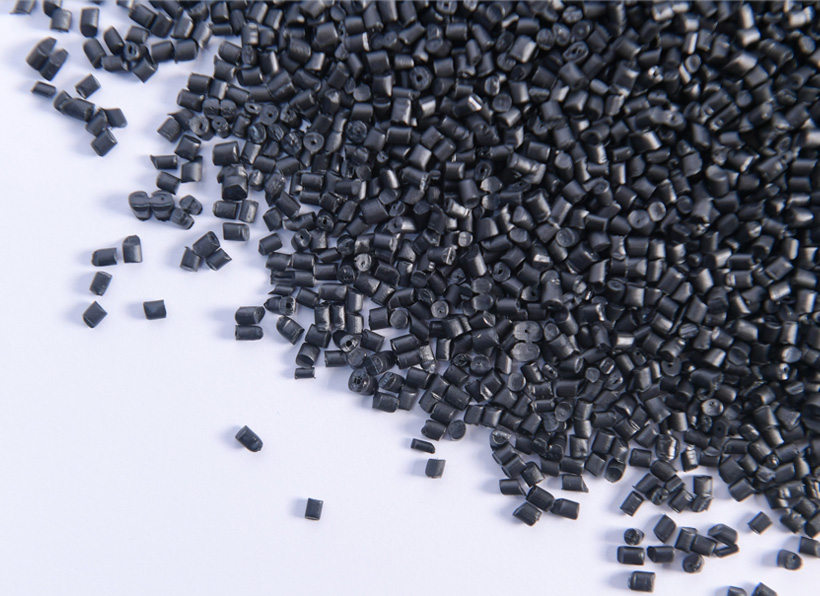
Impregnated Pitch is a special type of pitch which is black solid material at room temperature. It is derived from the processing of coal tar with a low softening point and low QI content compared to Binder Grade pitch. Impregnating Pitch is used to ‘impregnate’ graphite electrodes which decreases its porosity with increase in electrical conductivity & durability. Processing is done using the latest technology and under strict quality control processes resulting following properties: Low volatile content, High fixed carbon, Low Ash Content, No Mesophase, Good Wettability, Good Thermal Stability during storage.
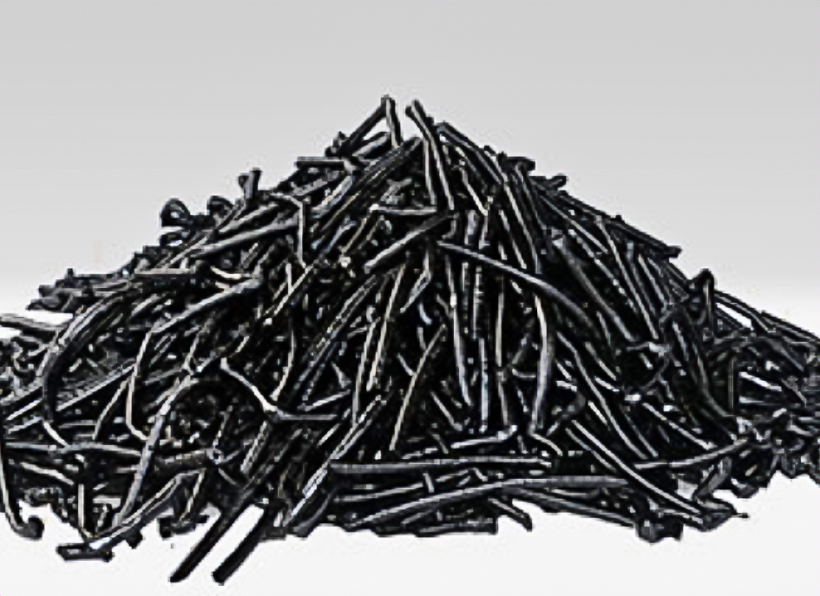
Derived from processing coal tar, Binder Pitch consists of a complex mixture of predominantly aromatic hydrocarbons. A black solid compound at room temperature, Binder Pitch is primarily used to manufacture pre-baked and Soderberg anodes in the aluminium industry. These anodes are used in the electrolysis process of extracting aluminium from alumina. It is also used to manufacture electrodes in the graphite industry. Coal Tar Pitch constitutes around 30 - 40 per cent of graphite electrodes and 20-30 percent of anode by volume. These electrodes are used in the production of steel and aluminium.

Different fractions of oils are produced during coal tar distillation, at temperatures ranging between 180 C – 350 C. Carbon Black oil is a blend of a heavier fraction of oil and soft pitch. The carbon black oil is the basic raw material for the manufacture of carbon black, which is then used in the rubber and tyre industries. Carbon Black Oil is used as feedstock by manufacturers of carbon black, who prefer its higher B.M.C.I and low sulphur to that of imported feedstock.
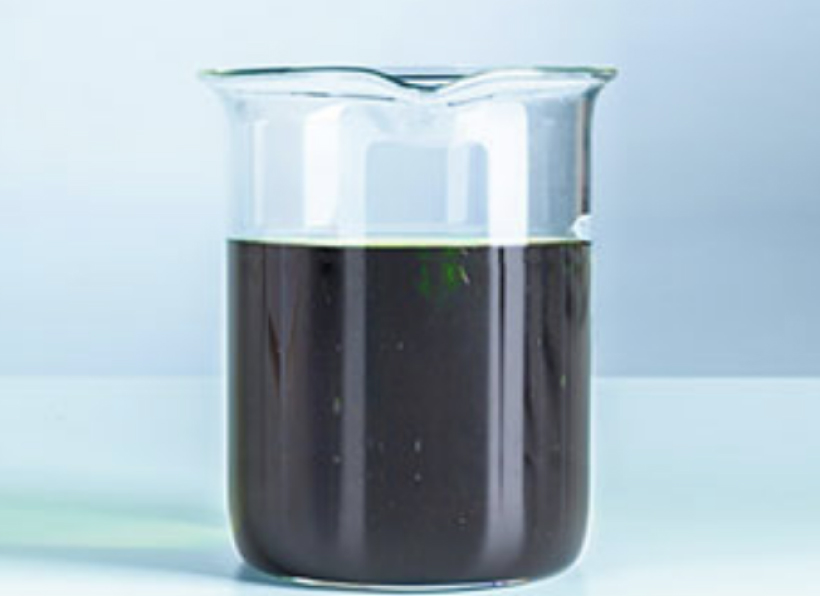
Anthracene oil has a very good carbon index and is used in manufacturing carbon black. Anthracene is also used in the manufacturing of carbazole and pure anthracene. Carbazole is used in the manufacturing of dyes and pigments, pesticides, and pharmaceuticals drugs such as antibacterial, anti-inflammatory medicines etc. Pure anthracene is used in the manufacturing of anthraquinone, which is used dyes and pigments.
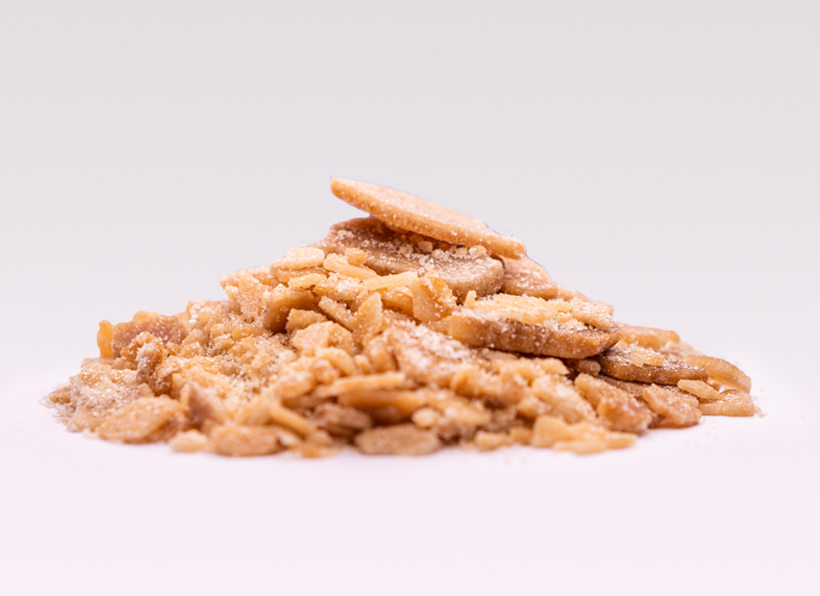
Naphthalene is used as a precursor in various chemicals likes beta naphthol, alpha naphthol, H Acid etc. These chemicals are intermediates in azo dyes, pigments, fluorescent whitener, fungicides, pharmaceutical industries etc.
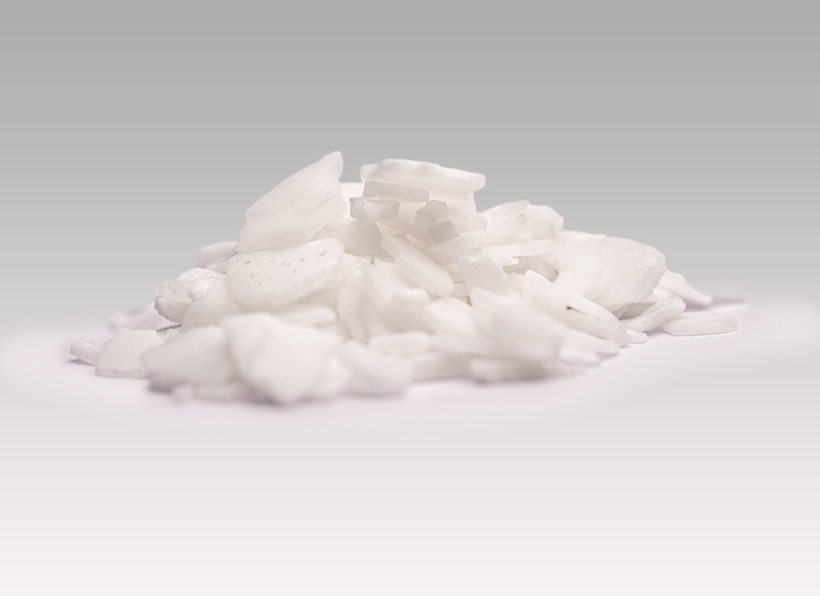
When crude Naphthalene is processed through different stages, you get Refined Naphthalene of minimum 98.8 per cent purity. Refined Naphthalene is a white or light yellow, flaky or powdery crystal. It is used in manufacturing of beta napthol, phthalic-anhydride, tanning agents, moth balls, and in the dye- chemicals and pharmaceutical industries.
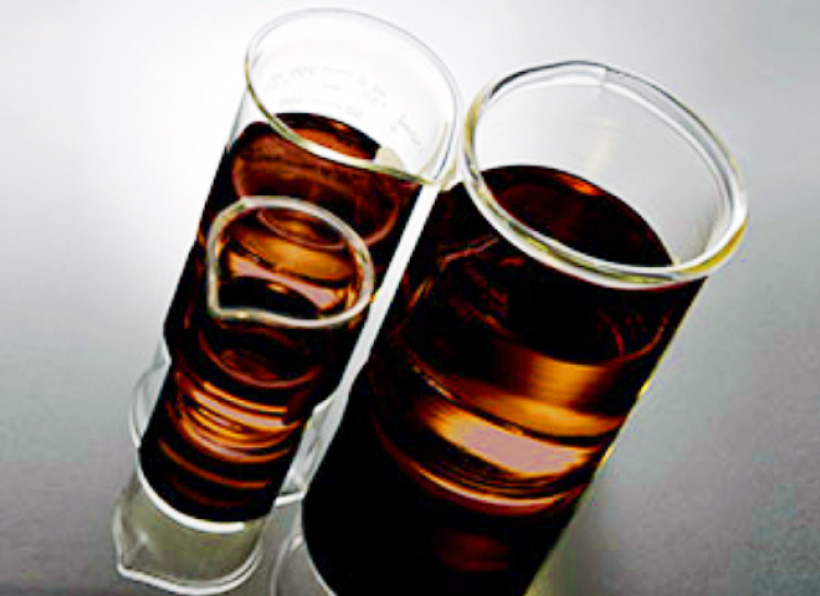
Phenol Oil
Phenol oil is a mixture of phenol, ortho, meta and para cresol and Xylenol. These phenolic compounds are used in phenolic resins, bis phenol, agrochemicals, tanning industries, and wire enamel industries.

Phenol
Phenol, also referred to as Carbolic acid or monohydroxy benzene C6H5OH, is extracted from Coal Tar fraction. Major applications of phenol involve adhesives, agro-chemicals, automotive, cleaning, coatings, construction, cosmetics, and packaging range of applications including laminates, automobiles, paints, rubber, agrochemicals, pharma, etc.
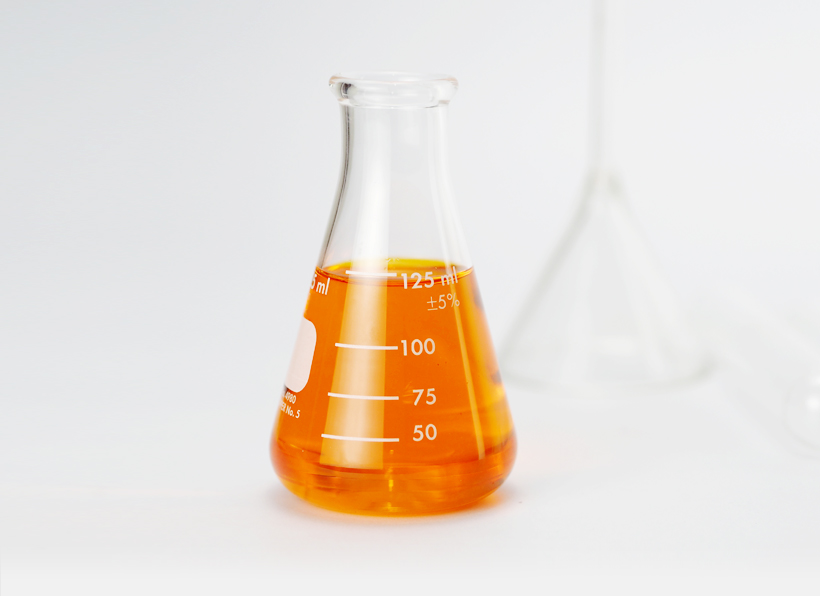
o-Cresols
Cresols refer to any of the three isomers of methylphenol (CH3C6H4OH) or to combinations thereof. They may also be known as hydroxytoluene.
ortho-cresol (2-methylphenol, CAS # 95-48-7)
The cresols are strong germicides, effective disinfectants, and antiseptics. Cresols give creosote its antibacterial and insecticidal properties, as well as its toxicity and its ability to irritate bare skin. As phenol derivatives, cresols can be used in phenol-formaldehyde resins or as an industrial solvent.
In India o-Cresols are used as Tanning Agents, Lysol Manufacturing and Agrochemicals.
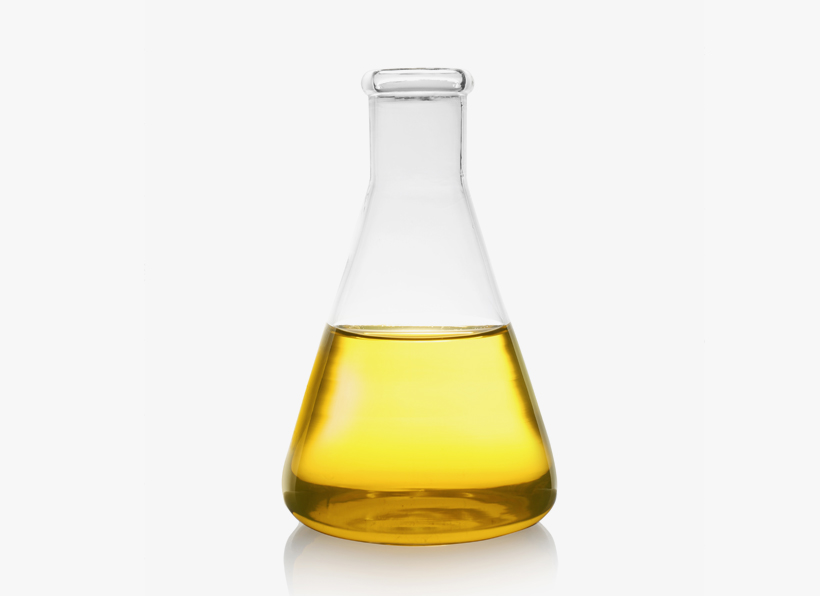
mp-Cresols
meta-cresol and para-cresol (3-methyphenol and 4-methylphenol)
The cresols are obtained from coal tar or petroleum feedstocks. Cresols are valuable chemical resources obtained from Coal Tar.
In India, mp-Cresols are used for Agricultural chemical intermediates and Wire Enamels (as a Varnish).
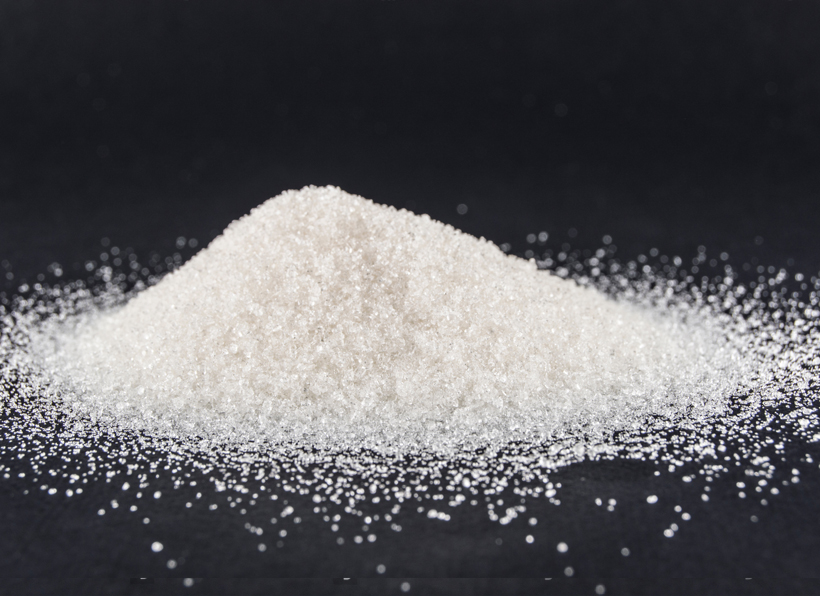
Carbazole
Carbazole C12H9N, also known as 9H- Carbazole or Diphenylenimine, is a nitrogen containing heterocyclic compounds. It has a tricyclic structure, which consists of two 6 membered benzene rings fused on either side with a nitrogen-containing five membered ring.
Carbazole and carbazole-related compounds can be used in pigment manufacturing, fluorescence materials, phosphorescence materials and thermally activated delayed fluorescence materials.
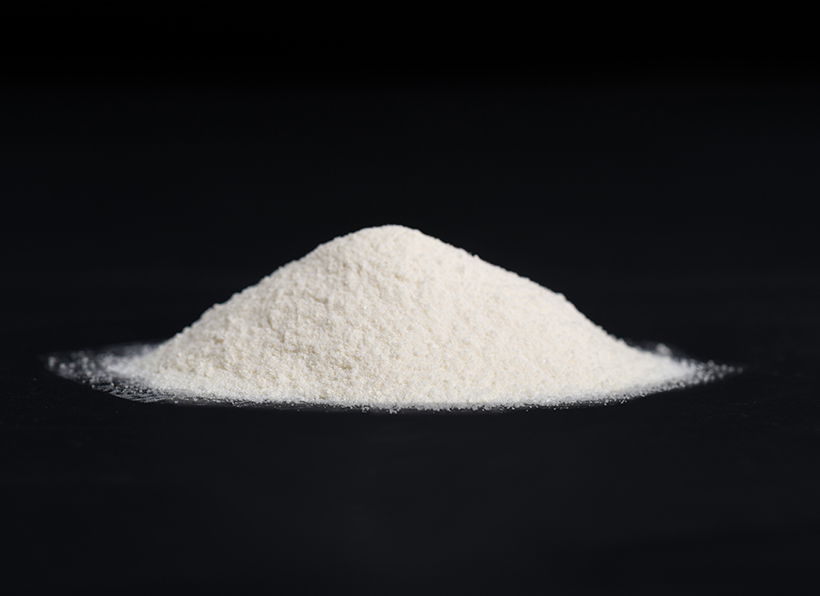
Anthraquinone
Anthraquinone, C14H8O2 is a yellow, highly crystalline solid, poorly soluble in water but soluble in hot organic solvents.
Anthraquinone derivative is used as colorants, is also used for medical applications, for example, as laxatives, anticancer, anti-inflammatory, diuretic, antiarthritic, antifungal, antibacterial, antimalarial, antimicrobial, and anti-inflammatory agents.
Industry Applications
Fueling industries across
the spectrum

Aluminium, the versatile metal of the future, is vital in automotive, aerospace, packaging, and more. Its strength, lightness, conductivity, and recyclability make it indispensable in everyday life and various industries.

Dye intermediates from nitro aromatics yield dyes and pigments, with the global market favoring high-performance, non-petroleum-based options. Industries like paint, printing, plastics, textiles, and tanneries depend on them.

Epsilon Carbon's construction chemical solutions enhance the performance of vital components like concrete admixtures, adhesives, sealants, asphalt modifiers, and protective coatings, benefiting global infrastructure development.

Wood preservatives protect against fungal rot, decay, stains, mold, and insects, extending wood product life and minimizing forest resource waste. Creosote Oil is vital for safeguarding industrial timber.

Solvents dissolve materials, serving as intermediates, fuels, and components for products. Epsilon's Crude Benzol, with Benzene series hydrocarbons, extracts benzene, toluene, and xylene, and is used in industrial fuel blends.
Lowering our Carbon Footprint
We at Epsilon Carbon are actively involved in minimising our carbon footprint. Our environment-friendly technologies help reduce greenhouse emissions as well as air and water pollutants.
Read more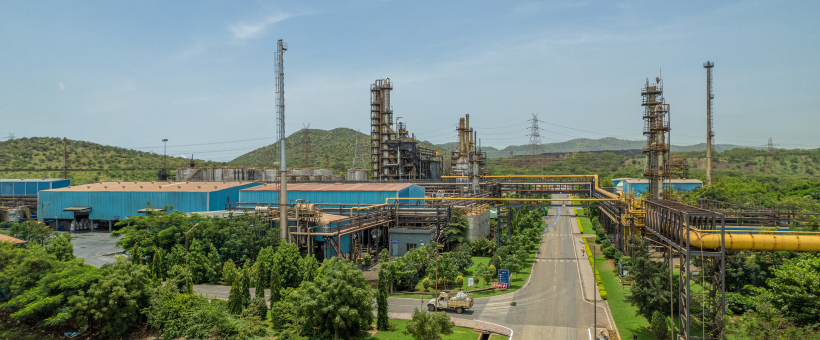
Product Stewardship
Sustainable product innovation is one of our key strategic growth pillars and is driven from the highest levels within the organizational structure to design products that deliver environmental benefits to consumers

Quality Management
We mainly target our raw material suppliers for this activity. The selected suppliers are encouraged to submit data in line with Quality Management System (QMS) requirements.
